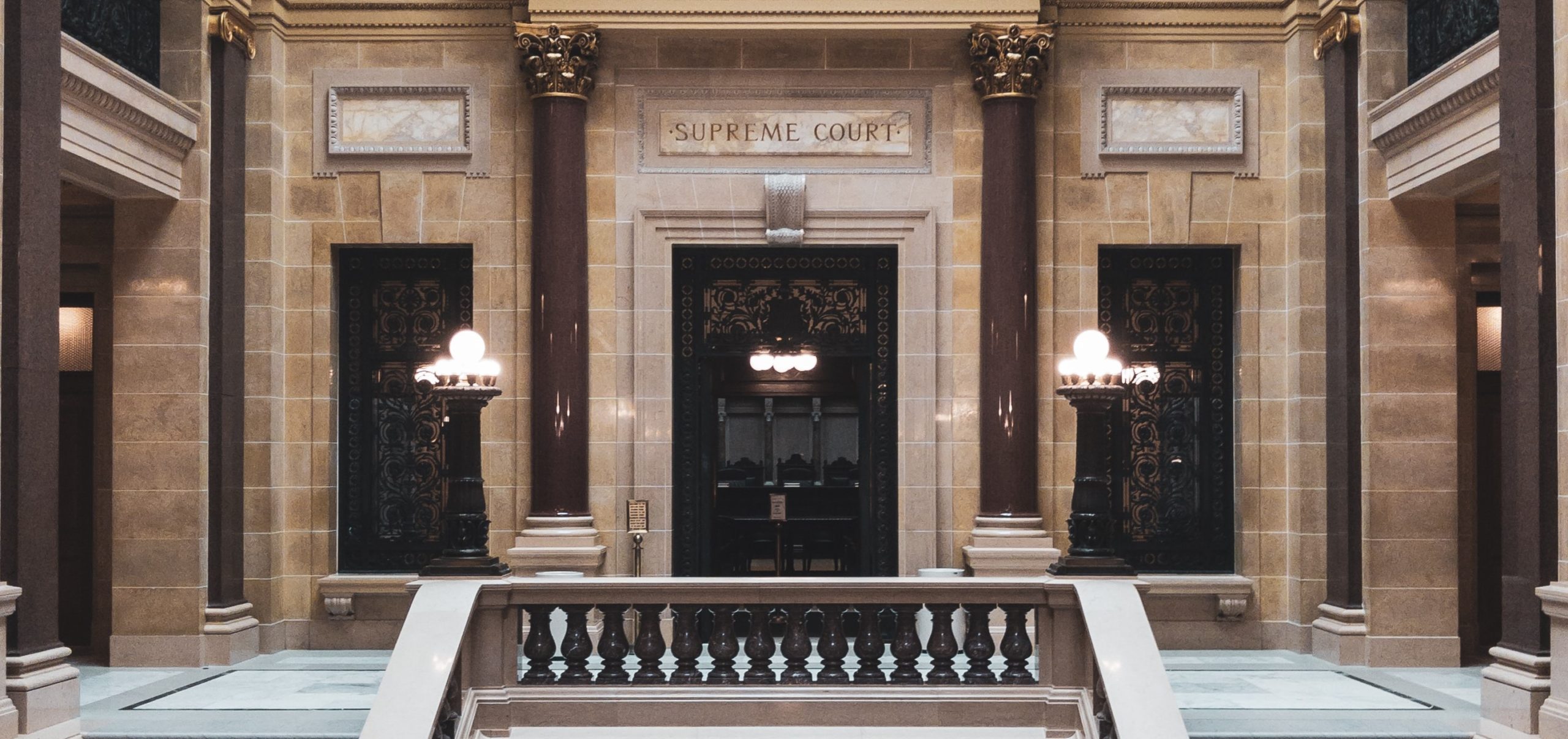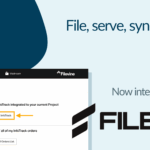This week in legal news
- An Indian couple sues their son, an only child, for failing to produce a grandchild after 6 years of marriage
- A judge in Texas seeks counseling after being reprimanded for erupting in anger, wondering out loud if he should fling himself from the window
- FTC takes action against retailer who bragged about scamming customers over “Made in USA” clothing that was actually made in China
- 9th Circuit rules that covid-19 precautions violated the defendant’s right to a public trial, orders a new trial
- Google accused of abusing attorney-client privilege with “silent attorney” emails
Indian couple sues their only son for not producing grandchildren
A couple has filed suit against their son with this message: produce a grandchild within the year, or pay us damages.
The parents point to the money they spent on their son’s education, upbringing, and honeymoon as grounds for the approximate $643,000 they seek in damages if their son and his wife do not produce a child in the next year.
In the petition, viewed by CNN, the couple claim they spent about 20 million Indian rupees (about $257,000) raising their son, who is an only child. “They raised him, educated him, made him capable, made him a pilot — which was expensive,” said the couple’s legal representative, Arvind Srivastava, on Monday. “They see people in their neighborhood playing with their grandchildren and feel like they should also have one.” (Via CNN)
While this type of lawsuit is rare, it is not unprecedented. Children have a legal duty to take care of their aging parents in India, and federal law gives some aging parents the right to claim a monthly allowance from their adult children. Related cases have occurred, and it is not outside of the realm of possibility that the courts will recognize the parents’ claim.
Texas judge reprimanded, seeks counseling after outbursts in the courtroom
After losing his temper during the trial, cursing at one of the lawyers in his chambers, and then saying that he should fling himself from a window or hide under his desk, Judge Clinton “Chip” Wells Jr. has been reprimanded and is voluntarily seeking professional counseling.
“Throughout the trial,” the admonishment said, “Judge Wells expressed irritation at both sides’ lawyers, including slamming a book on the bench, erupting in anger, using a harsh and sarcastic tone of voice, abruptly announcing recesses, and walking off the bench in frustration and anger.” At or near the end of the proceedings, Wells ordered Waldrop to his chambers for a discussion that lasted “for more than an hour.” According to findings of fact, he used profanity to express his anger to Waldrop about the presentation of the case. (Via ABA Journal)
While Wells was in his chambers with attorney Teresa Waldrop, he also stated that he was horrified by his own behavior and admitted that he lost his temper and made a mess of the trial. Wells apologized and recused himself from the trial the next day.
Following this incident, Waldrop decided to run for Well’s position. They are now opponents in a democratic runoff.
FTC pursues action against Wolf Not Sheep after owner bragged on social media about ripping off consumers
The Federal Trade Commission has been cracking down on deceptive “Made in America” claims, and they’ve turned their sights on apparel company Lions Not Sheep, owned by Sean Whalen.
The claim that products are made in the USA is a major part of the marketing messaging from Lions Not Sheep, but the products are actually manufactured in China.
According to the FTC, Whalen appeared in social media posts claiming he could conceal the fact that his politically-themed hats, t-shirts, sweatshirts, and other apparel were of Chinese origin by removing the labels and replacing them with express markings that they were “Made in USA.” (Via The National Law Review)
Lions Not Sheep is facing a $211,335 monetary judgment, prohibitions from labeling products as “Made in USA,” and may be required to notify all consumers who made a purchase on or after May 1, 2020 that they are entitled to a refund.
COVID-19 protocols violated defendant’s rights, conviction vacated and new trial ordered
James David Allen II requested video streaming for his trial over illegal possession of a firearm and ammunition, but that request was denied due to COVID-19 protocols. Allen was only able to access the trial by telephone, and he was convicted.
The 9th Circuit court of appeals in San Francisco has ruled that Allen’s rights were violated, even though Judge Haywood S. Gilliam, Jr. was primarily concerned with safety and preventing the unlawful recording of the trial.
The 9th Circuit agreed that there was an overriding interest in limiting transmission of COVID-19 during the height of the pandemic in 2020, when the trial took place. But Gilliam failed to narrowly tailor his decision when he completely barred video access to the suppression hearing and trial, the 9th Circuit said in its May 16 opinion. Gilliam could have allowed a limited number of visitors in the courtroom or in a separate room where they could watch a livestreamed video, according to the opinion. Other federal courts when confronted with the same issue “consistently allowed some form of visual access to the trial,” the opinion said. State courts adopted similar measures. (Via ABA Journal)
The appeals court noted that the decision to allow only telephone access was highly unusual.
Department of Justice says that Google fakes attorney-client privilege by CC’ing attorneys on emails who are not intended to respond
In the antitrust action against Google, the US Department of Justice has filed a motion to sanction Google for abusing attorney-client privilege. The DOJ says that Google employees are instructed to CC an attorney on all emails that they wish to keep private and artificially request legal advice.
Google trains its employees to create the illusion of attorney-client privilege by instructing employees to include an attorney, a privilege label, and a generic request for legal advice in ordinary course business communications, even where legal advice is not actually needed. According to the DOJ Plaintiffs, the in-house counsel copied on these emails often do not respond to these “artificial” requests for legal advice. The DOJ Plaintiffs claim that the program’s purpose is to shield sensitive business communications from discovery by abusing the attorney-client privilege, and that Google specifically engaged in this process to improperly withhold communications and agreements directly relevant to the instant action. (Via The National Law Review)
Google has responded that the DOJ misunderstood a slideshow presentation about their “Communicate With Care” program. They state that they’ve already supplied an initial production of 98,000 “silent attorney” emails, and they’ve agreed to re-review and produce another 10,000 documents.






